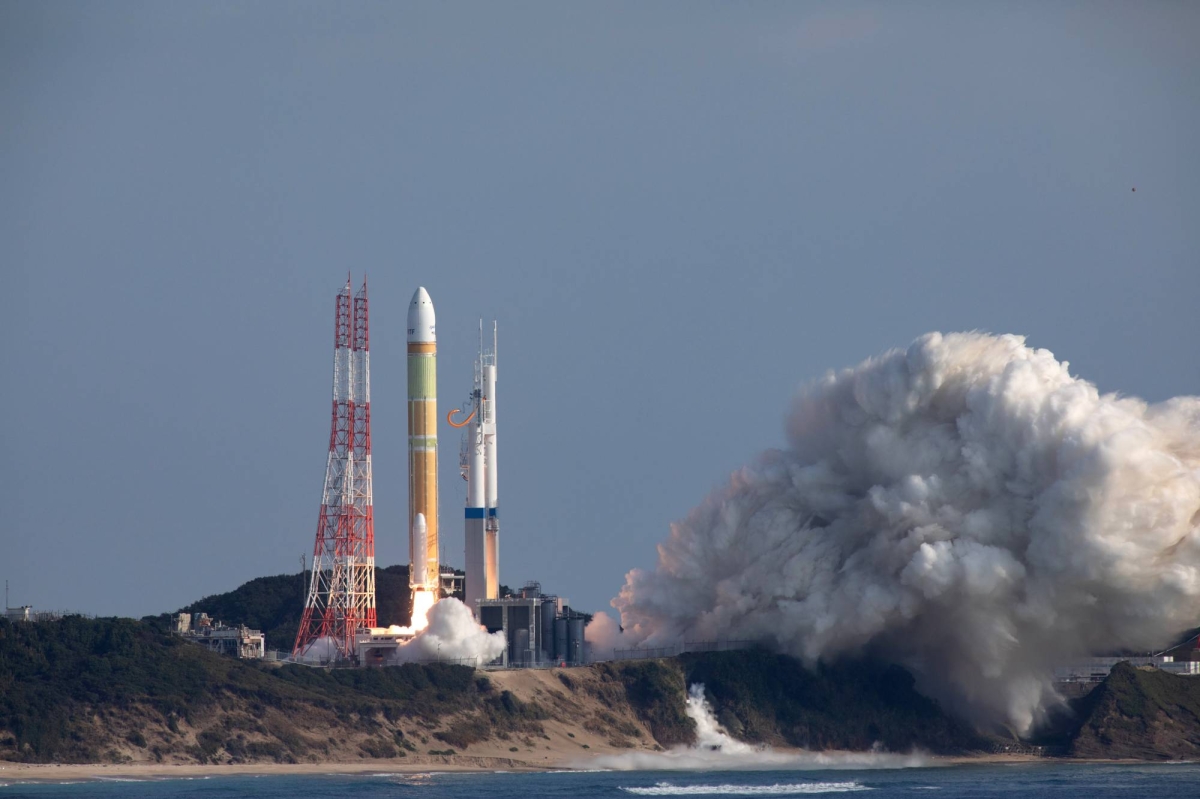Japan’s Mitsubishi Heavy Industries (MHI) has secured a deal to provide multiple H3 rocket launches for France’s Eutelsat Group starting in 2027. This contract represents a significant achievement for Japan’s state-backed H3 rocket program, which has a budget of 220 billion yen ($1.55 billion) and is aiming for global competitiveness in the commercial space market. The H3 rocket had its first successful flight earlier this year after a failed attempt in 2022.
Eutelsat, the third-largest satellite operator globally by revenue, is the second foreign client for the H3 rocket after the UK’s Inmarsat, marking MHI’s growing presence in international space commerce. However, MHI has not disclosed further specifics about the financial terms or the types of orbits Eutelsat will be using for the rocket launches.
MHI has previously set a target of reducing H3’s launch costs to 5 billion yen per launch and aims to conduct up to ten launches annually. This competitive pricing model is intended to position H3 as a cost-effective option, especially as global demand for satellite launches continues to grow, driven by the emergence of commercial space operators like SpaceX.
Eutelsat, after merging with OneWeb in 2022, competes directly with SpaceX’s Starlink in the sector of low-earth orbit communications satellites. This partnership with MHI could further strengthen its capabilities in this market.
Several new rocket systems are also entering the space launch market. The Vulcan, developed by United Launch Alliance, had its maiden flight in January, while Ariane 6, built by Airbus and Safran’s ArianeGroup, was launched in July for the European Space Agency. Jeff Bezos’ Blue Origin is also expected to launch its New Glenn rocket by the end of the year to support Amazon’s satellite internet project, Kuiper.










